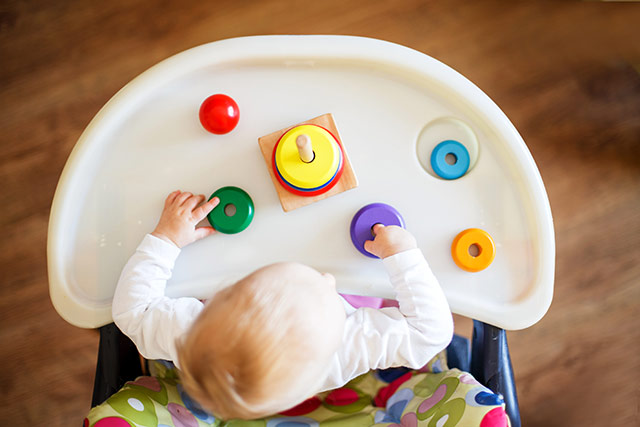A MOTHER has claimed social services failed to acknowledge her post natal depression that led to her daughter being taken into care.
The woman, who cannot be named to protect the identity of her now four-year-old daughter, said social services became involved as she was struggling to bond with her child.
She spoke with the Local Democracy Reporting Service about her experience at a time when there is a renewed focus on the numbers of children taken into care in Wales.
More than one child in every 100 in Wales is now living in care and first minister Vaughan Gething recently said: “The picture is still broadly one where too many children are taken into care.”
The four-year-old has now been placed in the care of someone who agreed to look after her, the woman says, as she recovered.
But the carer was granted guardianship of the child late last year – dashing the mother’s hopes she could once again have custody of her child.
“I’ve not been given any path for my daughter to come back to me,” said the 31-year-old: “They’ve just wrote me off ever having her back and she’s to stay with the carer until she’s 18.
“They’ve not given me any sympathy or praise for what I’ve gone through and not understood this is a case of post natal depression.
“There was no violence, there was no drugs, there was no alcohol, there was no beating my daughter up, none of that. And they’ve treated me as if I acted like that.”
The mother had struggled to bond with her child but said she was “excited but also nervous” after falling pregnant in 2019 and she gave birth, slightly early, later that year.
“I bonded with her immediately then not long after felt resentment towards her,” said the mother: “My bonding with her stopped. I looked after her but the emotional attachment was missing.”
When her daughter was just over a year-old social services were alerted, due to concerns at the lack of emotional attachment, which resulted in the child being taken into care and placed with the carer.
But the woman said she understood that would be a temporary arrangement – which was in place for three years before an order was granted making the carer the responsible guardian at the end of last year.
During the process, the woman made complaints against the social services department which handled her case.
In response the department said it has followed court agreed care plans but said “the timescale and effectiveness of therapies” the mother had undertaken couldn’t be predicted as they fell outside of the plans agreed for the child by the court.
It also said it acknowledged “the impact of traumatic events” and “difficult care proceedings” and is “always willing to utilise feedback to pause and reflect” and inform its training.
An independent report had also noted that a social worker had provided assistance, and sought help, for the mother – and it also said there was an occasion the child had been left on her own for around ten hours by her mother and social services hadn’t been notified.
Social services said it is “trauma informed” and it recognised a perceived “lack of empathy and understanding” could have been “exacerbated” by its duties towards the child and timescales involved.
But it, and the independent report accepted, the mother had been legally represented during the care proceedings so would have understood them.
The mother, who has had meetings around continued contact with her daughter, said she feels let down by a system she thought would help her and which she thinks has failed to acknowledge progress she has made: “I had admitted it and said I was struggling. I knew that it was in my daughter’s best interest and that I needed help. I was ill and I admitted it and I’ve had no praise for that.
“Looking back, do I regret saying I needed help? No, because I thought that would have gone in my favour. But I’ve not needed help for years now.”
Some complaints around how social workers responded to emails have been accepted but an independent report said a complaint there had been a lack of empathy wasn’t substantiated.
As a result of the complaint training will be provided on “trauma informed interventions” and “consideration and timing when contacting family members”.

